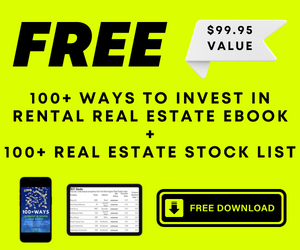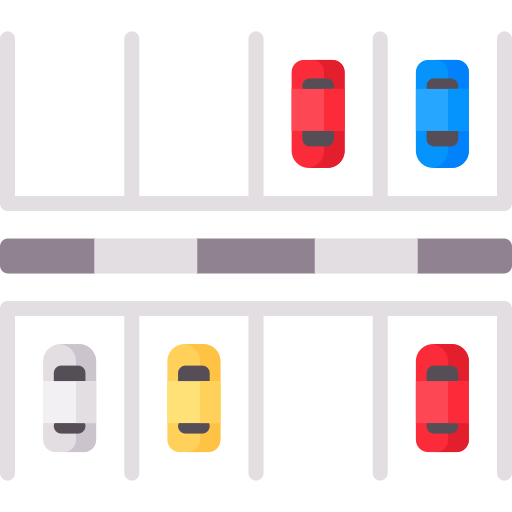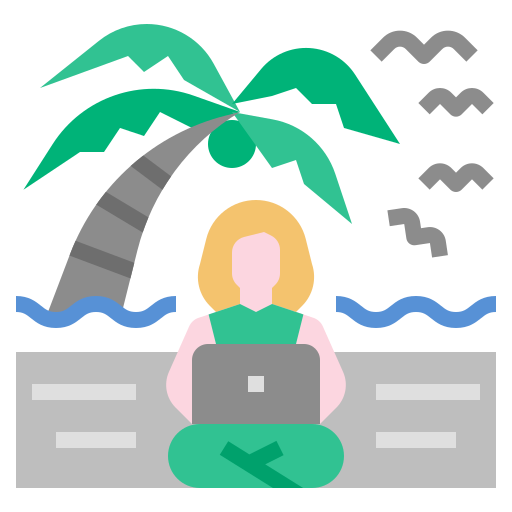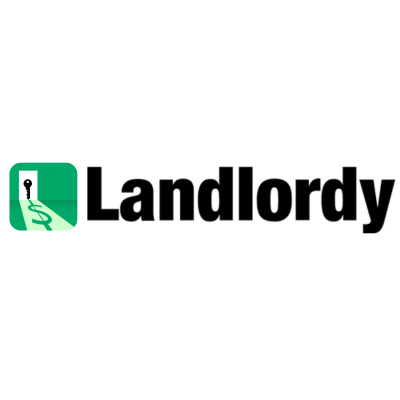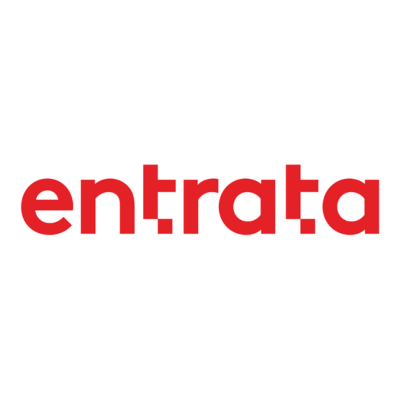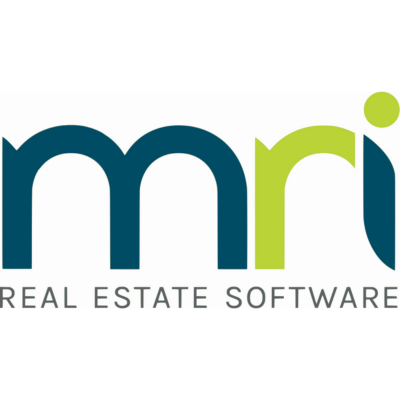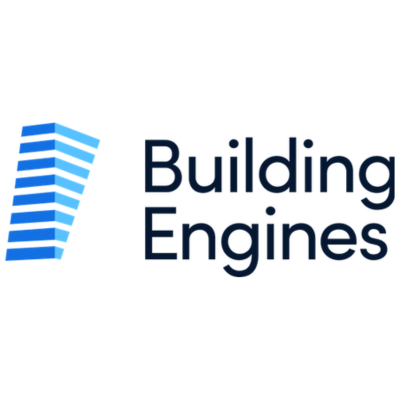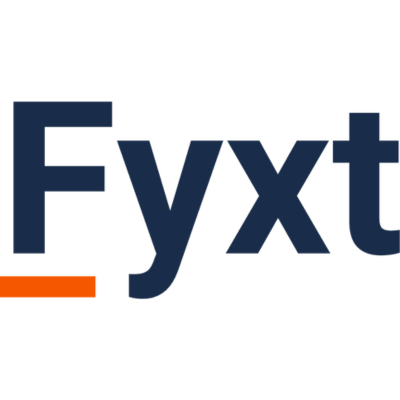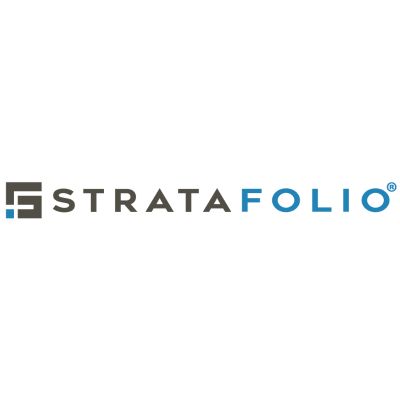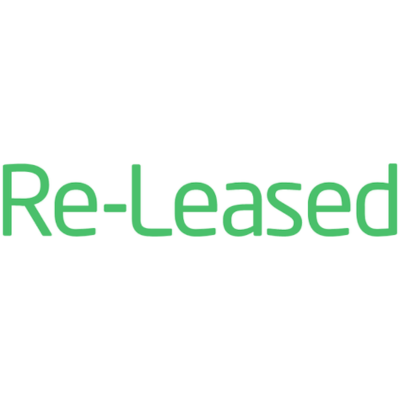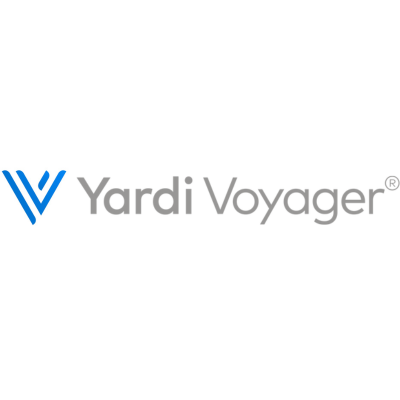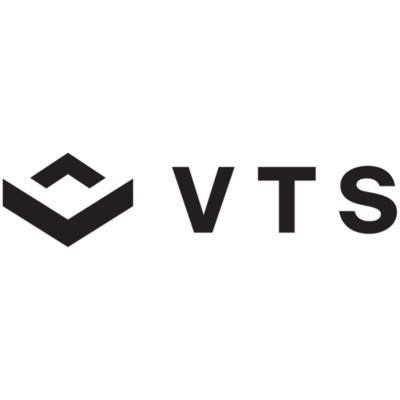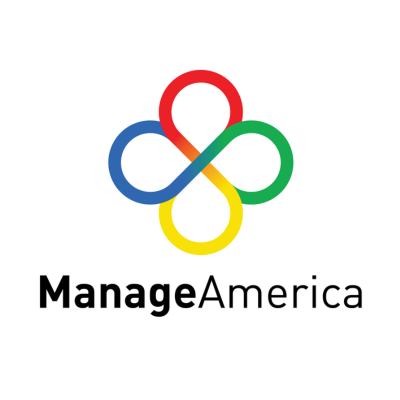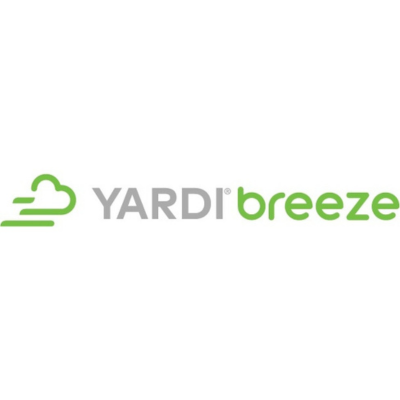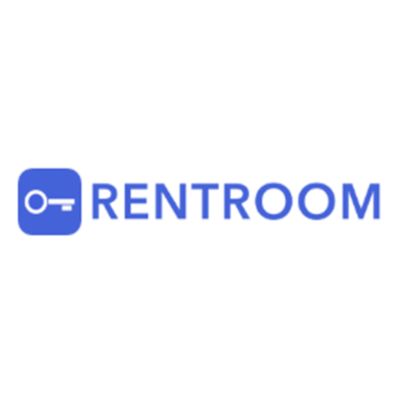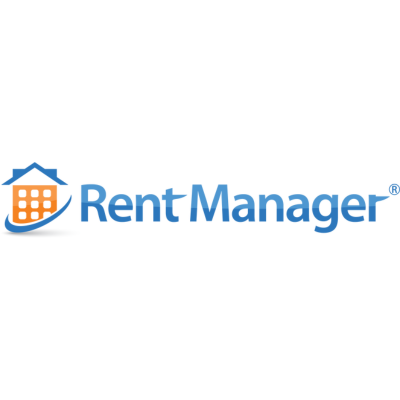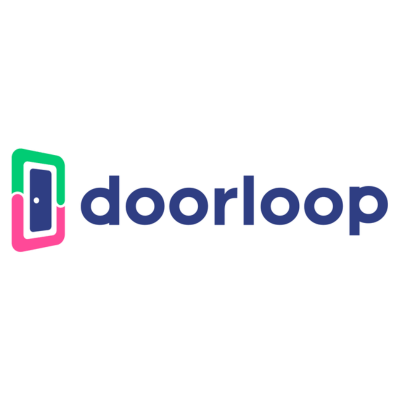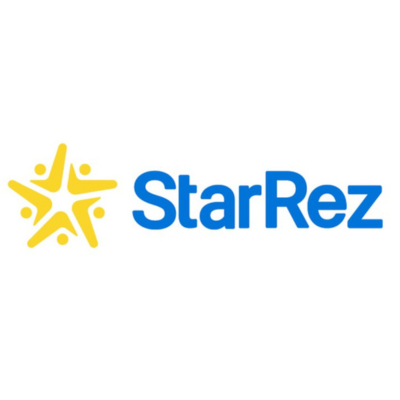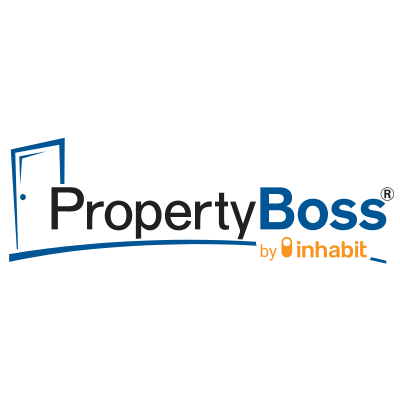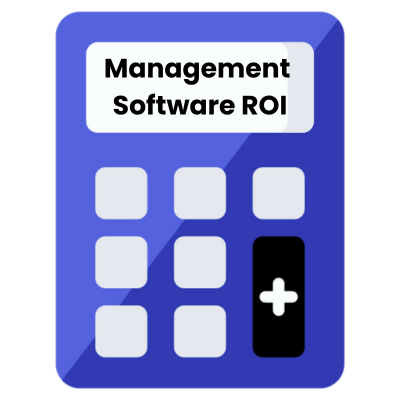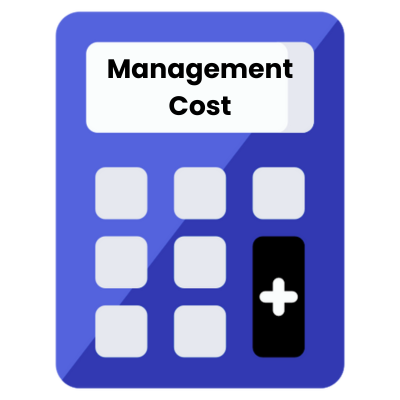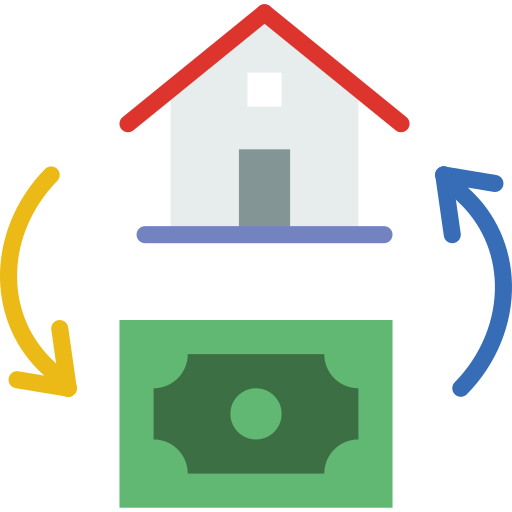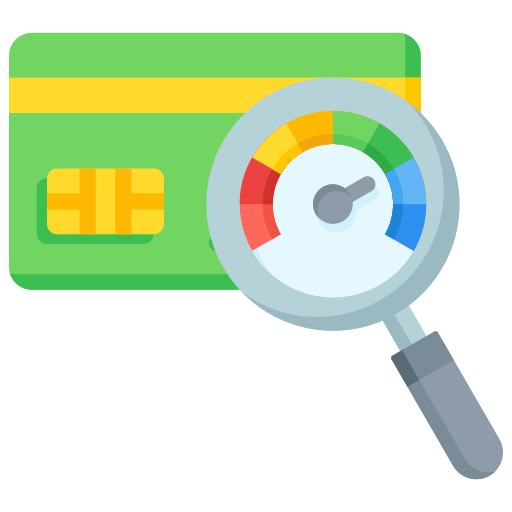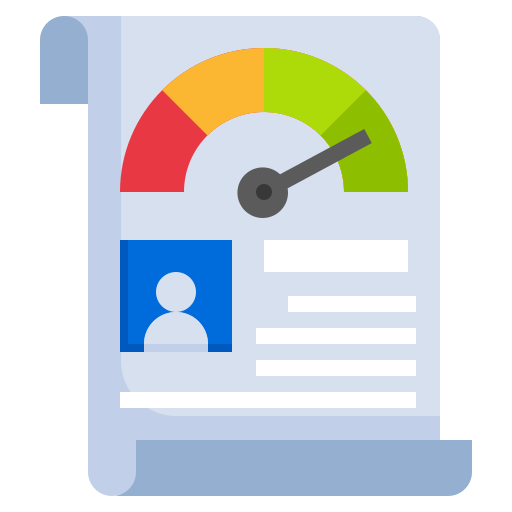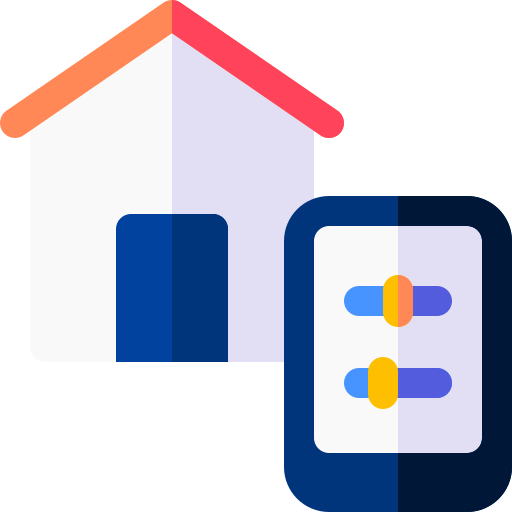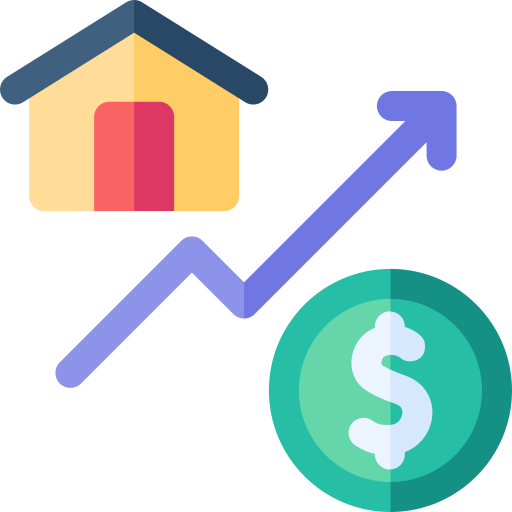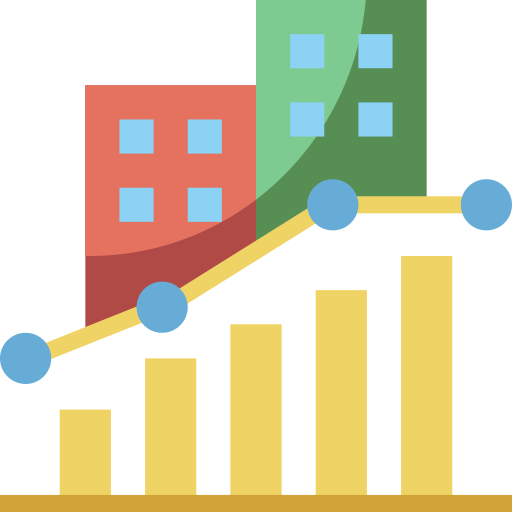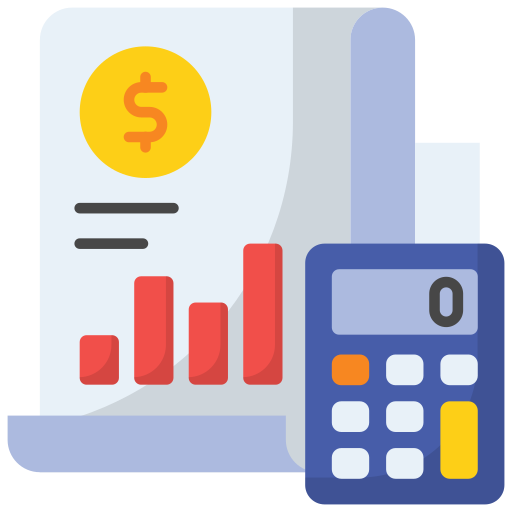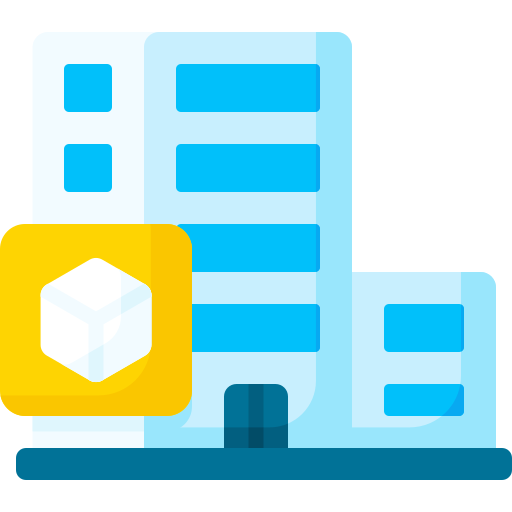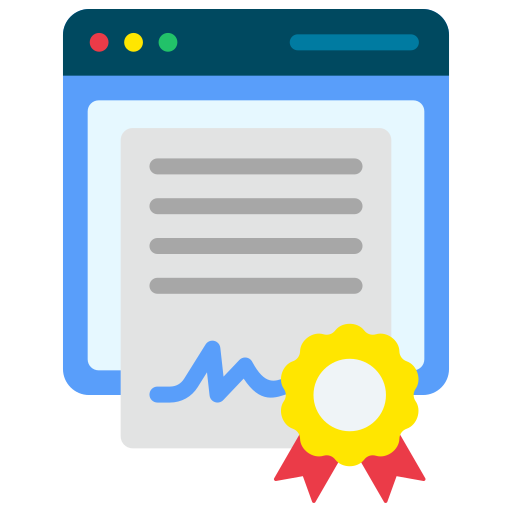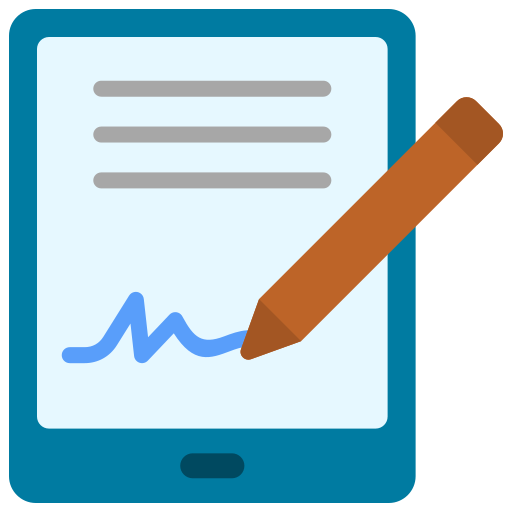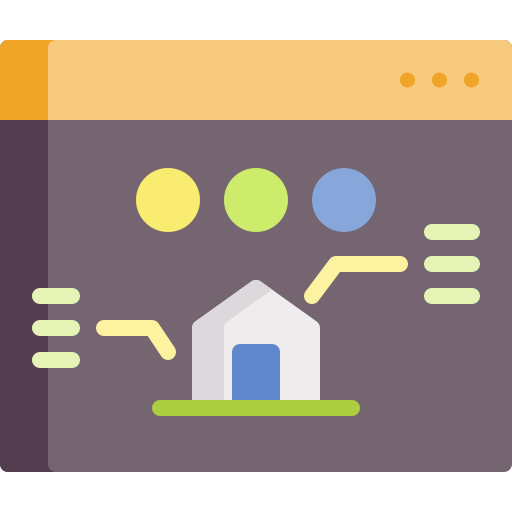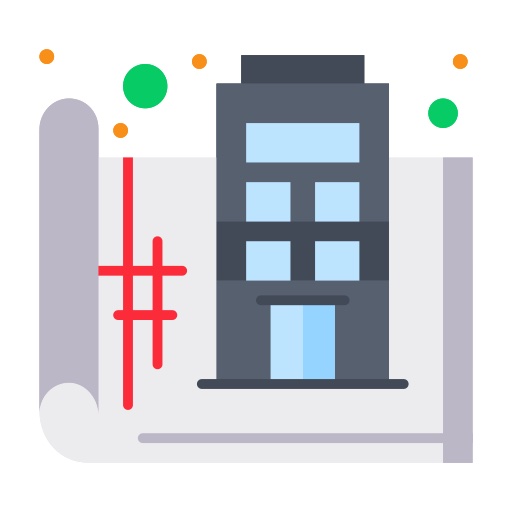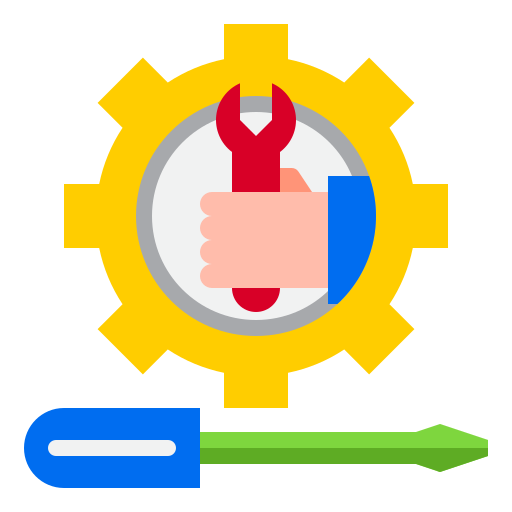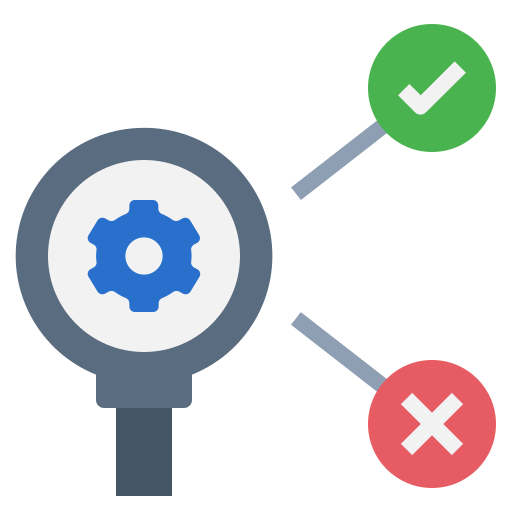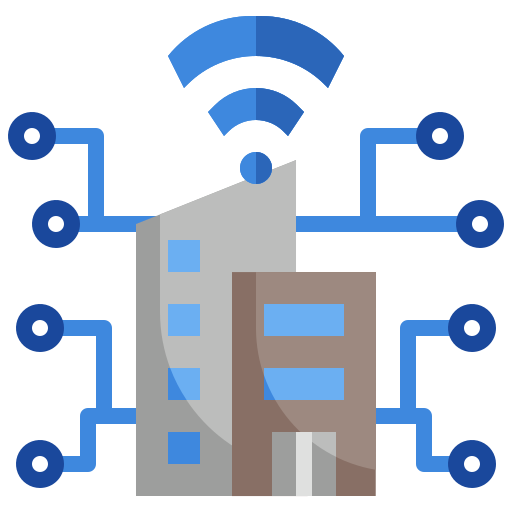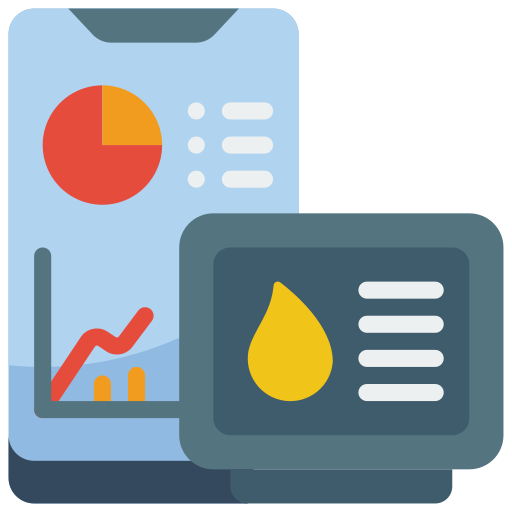Last Updated: March 2024
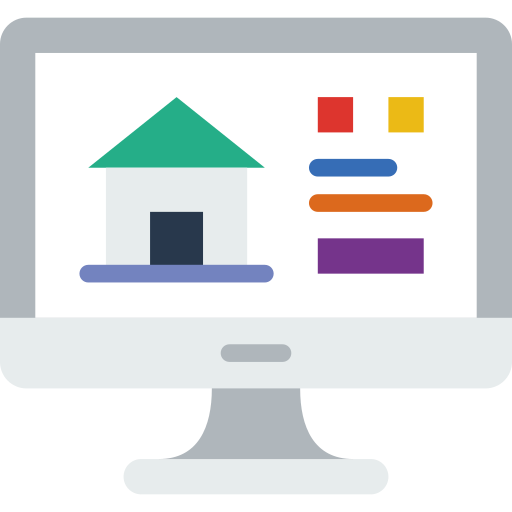
Property management software greatly helps property owners, property managers, and tenants handle various aspects of administration such as rent payment, property maintenance, marketing, and owner reporting. Depending on the type of rental property, different specialized real estate specific softwares have been designed to accommodate those properties’ specific needs.
10 Types of Property Management Software
With so many options out there for property management software products, it’s best to begin with the type of rental property you plan to use it to manage. Below are several of the main types of property management softwares designed for each type of rental property:
Jump to Section (click icon)
Residential Property Management Software
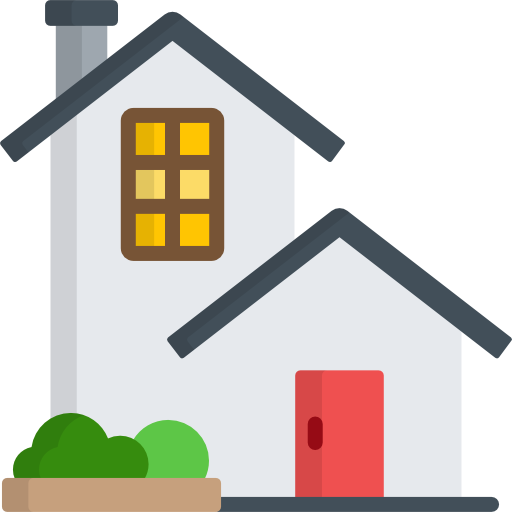


Since residential is the most common type of rental real estate investment, there are many options for property management software in this niche. Residential property management software is used to coordinate the management of residential properties such as single-family rentals, multi-family, condos, apartments, and townhouses.
Commercial Property Management Software
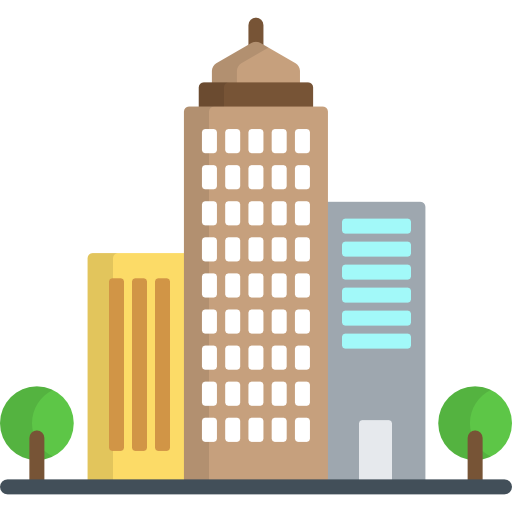

Most commercial tenant leases are very complex. They frequently require detailed expense billing and reconciliations, among other factors found in commercial properties. Commercial property management software helps effectively track and manage all of the important metrics for commercial properties such as retail shopping centers, office buildings, industrial parks, parking lots and more.
Community Association Management Software
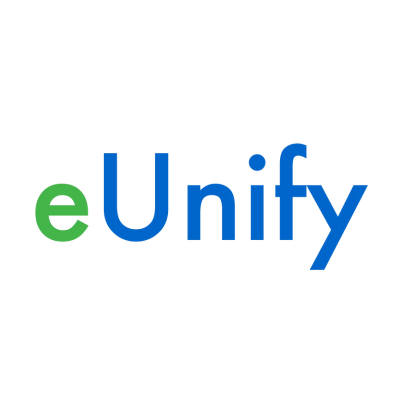

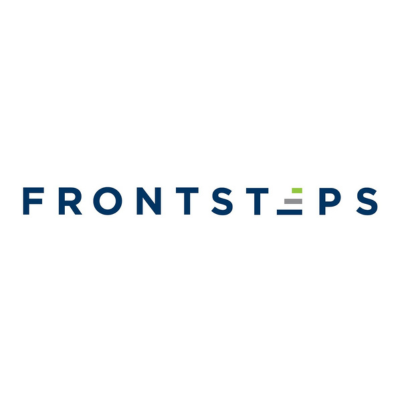

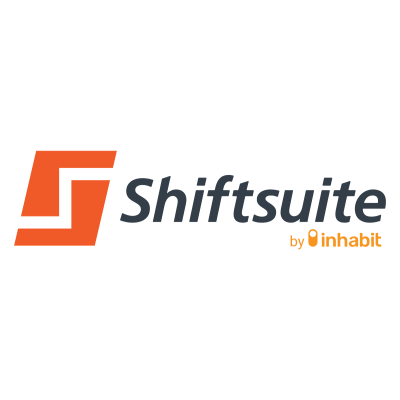

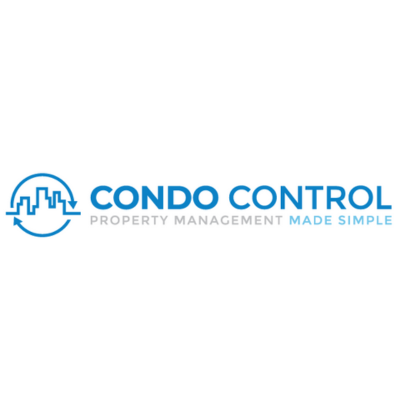

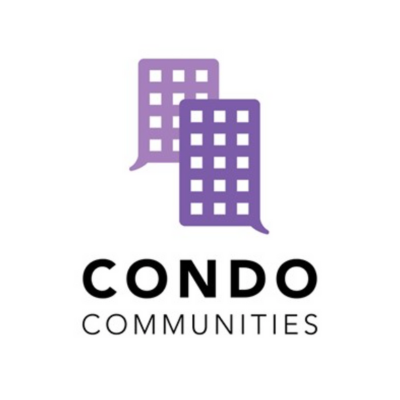

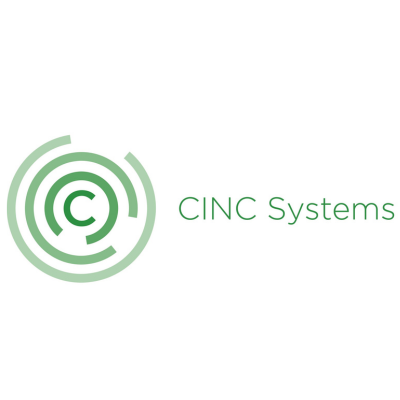

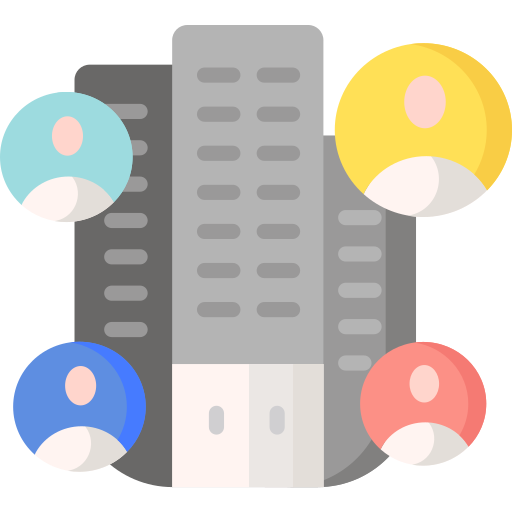


Managing a community association (e.g. Homeowners Association, Condo Association, or Co-Op) requires great coordination to keep organized. Community association management software is used to effectively manage all aspects of property owners associations, for all parties such as property-owners, residents, and renters.
Manufactured Housing Management Software
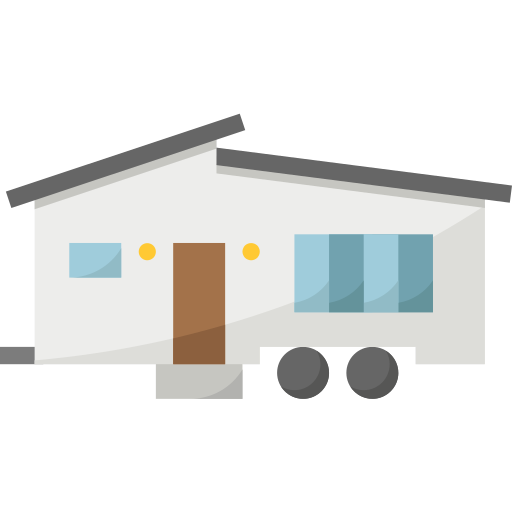

Like other types of rental properties, implementing software to manage a mobile home park can greatly improve the property’s bottom line. Manufactured housing management software is used to effectively manage the various aspects of manufactured housing (also called Mobile Homes) including rent collection, lease tracking, and more.
Hospitality Management Software
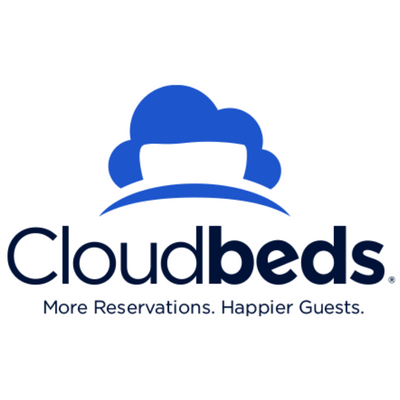

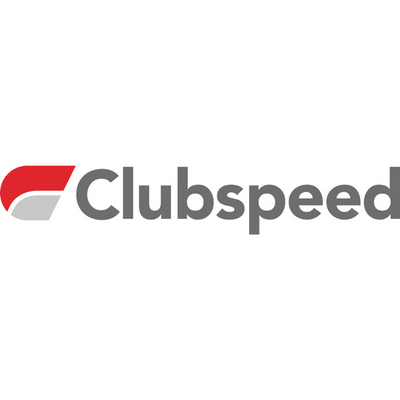

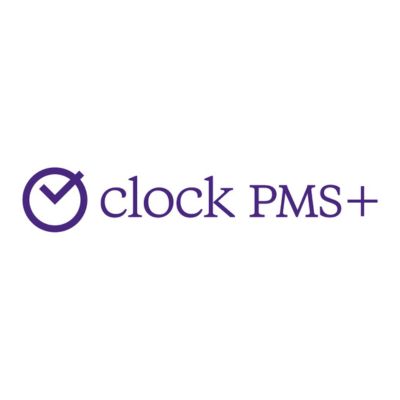

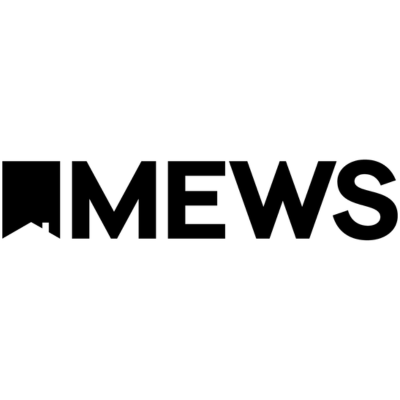

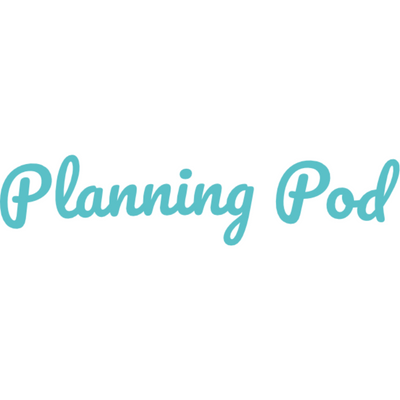

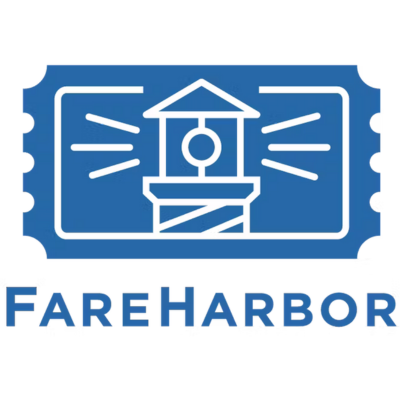

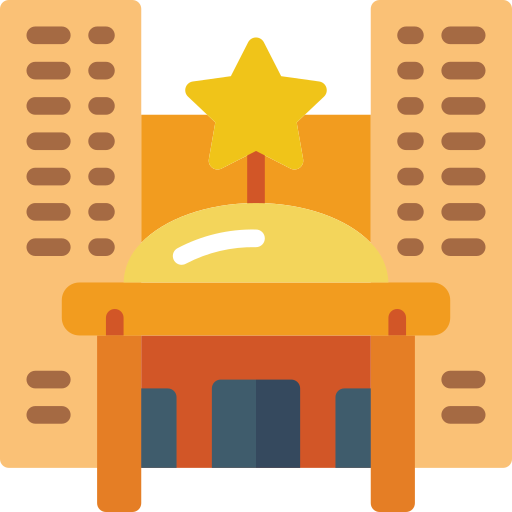

Hospitality management software is used to handle both front-end and back-end operations for hospitality properties, ensuring that guests enjoy a pleasant experience. From hotels, to event venues and entertainment facilities, hospitality management software keeps the operations running smooth and efficient.
Parking Management Software
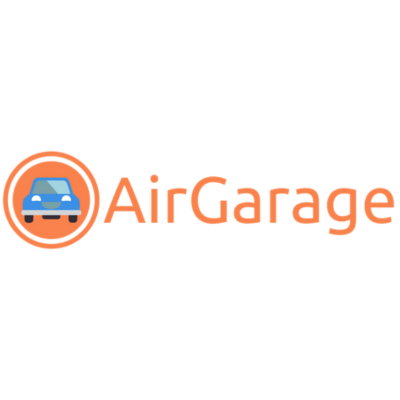

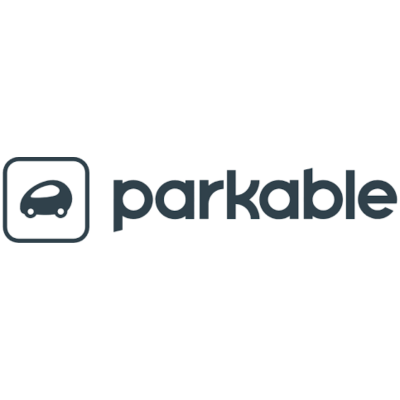

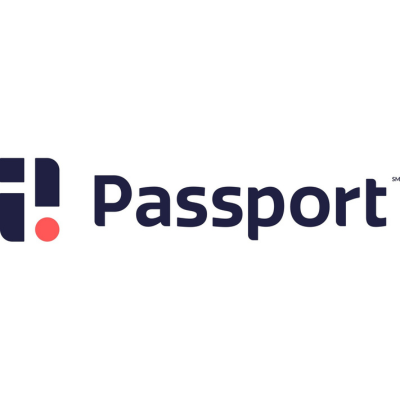

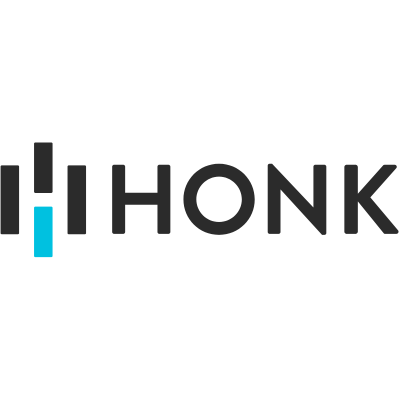

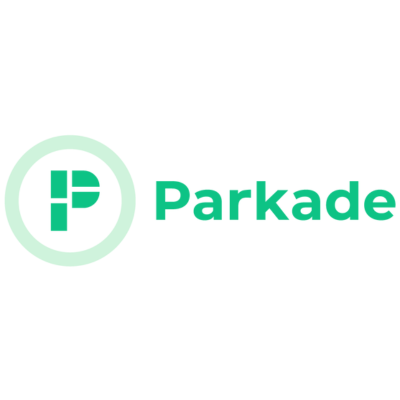

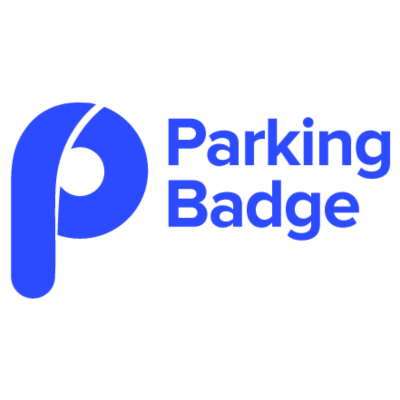

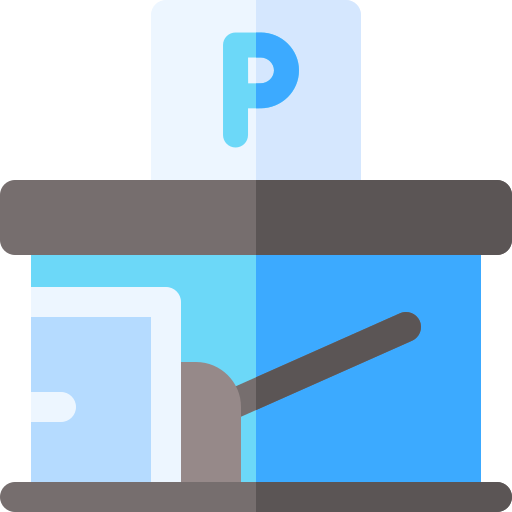

The recent push for parking facilities to integrate more automation into their operations has led to substantial growth in parking property software options. Parking property management software helps owners, lot managers, and customers with many tasks such as activity reporting, control access, and payment collection.
Senior Housing Management Software
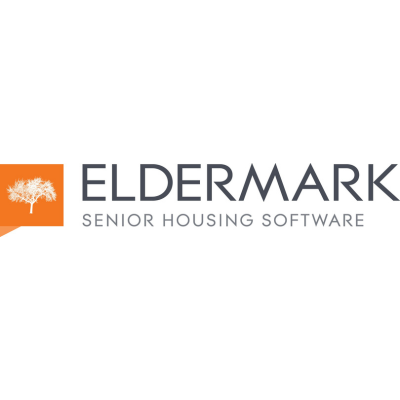

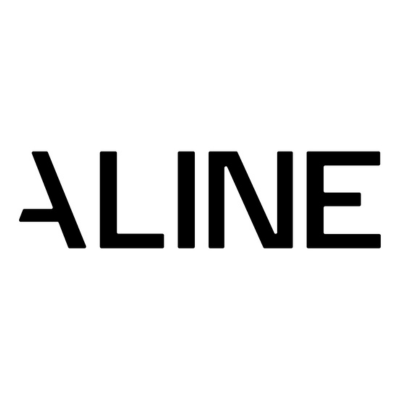

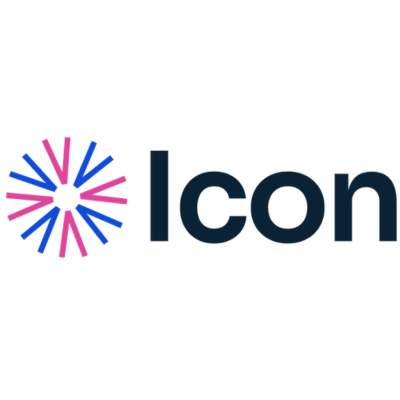

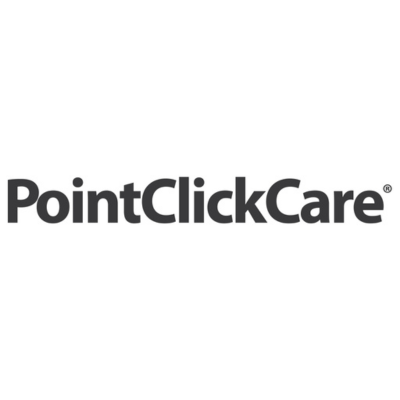

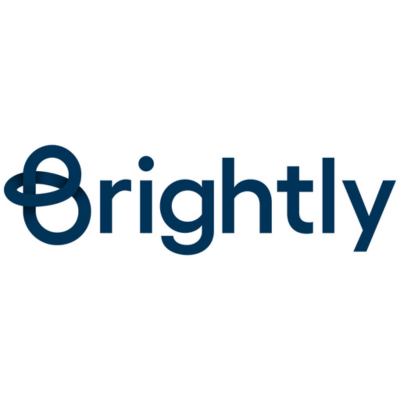

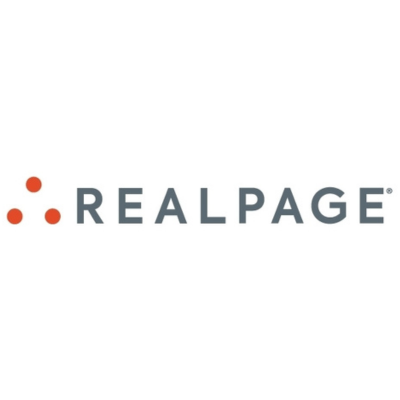


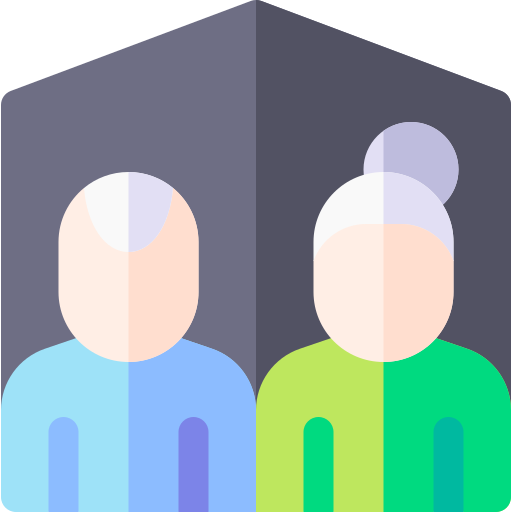


Senior living facilities often have many components within their operation, such as healthcare support, property maintenance, and prospecting new residents. Assisted living management software helps effectively track and manage all of the various things needed to run a profitable and successful facility.
Self Storage Management Software
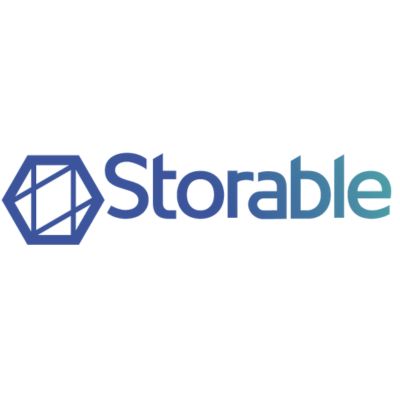

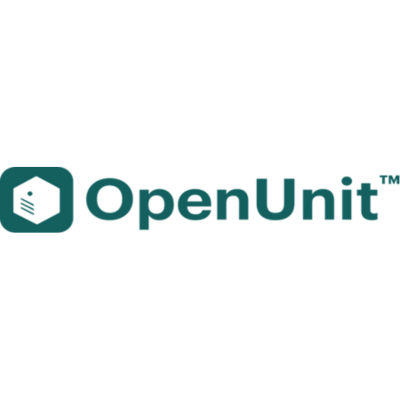

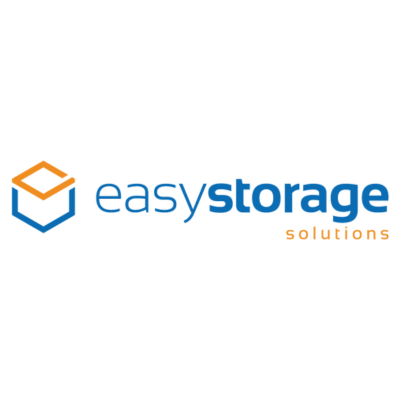

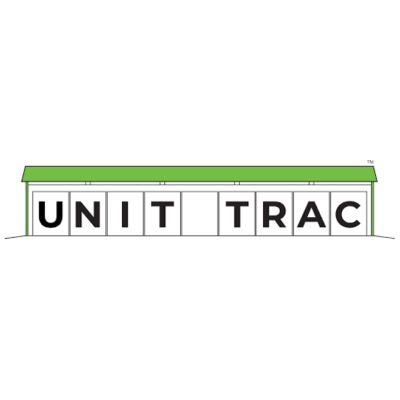

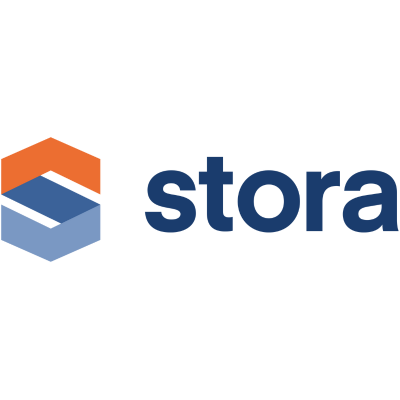

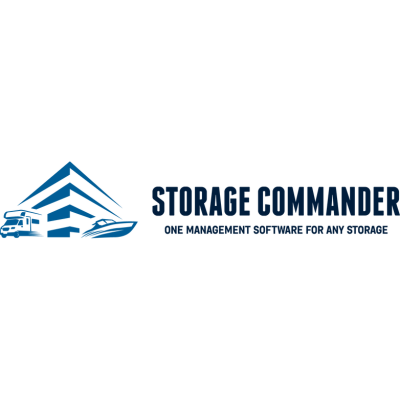

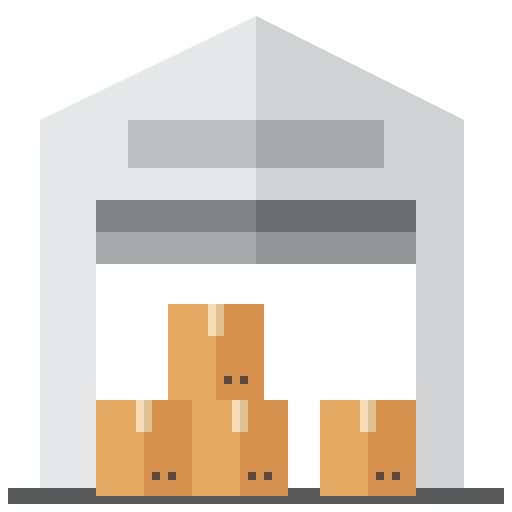


Since much of a self storage property’s success depends on its operations, self storage management software is frequently used to ensure maximum efficiency. No matter the type of self-storage facilities – indoor-or-outdoor, warehouse, containers, and more – self storage management software is an essential tool for self storage operations.
Student Housing Management Software
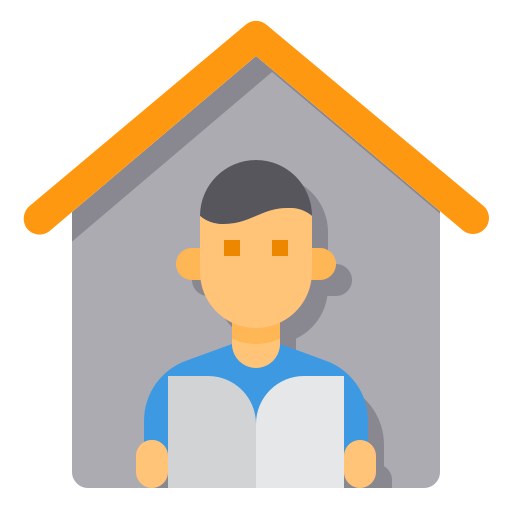


Although they are technically residential apartments, housing specifically intended for students brings a unique set of needs when it comes to owning and managing. Student housing management software is tailored to handle various types of student housing such as on-campus housing, off-campus housing, dorms, apartments, and other types of leases with roommate setups.
Vacation Rental Management Software
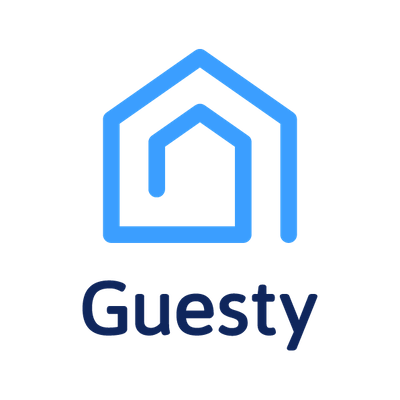

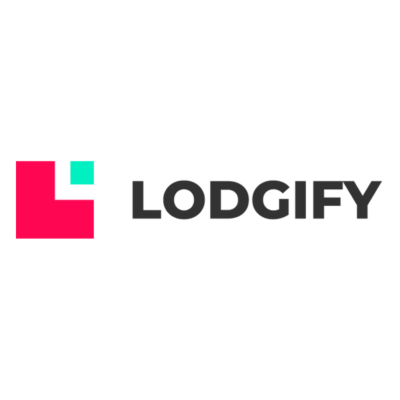

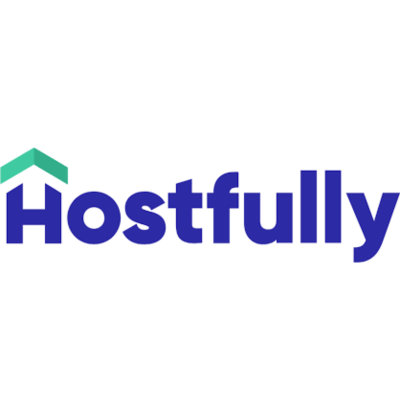

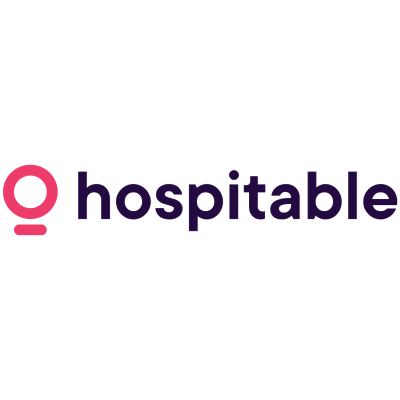

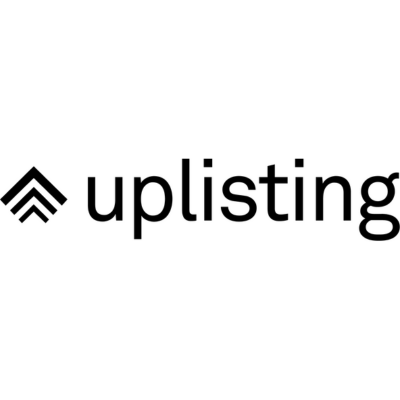

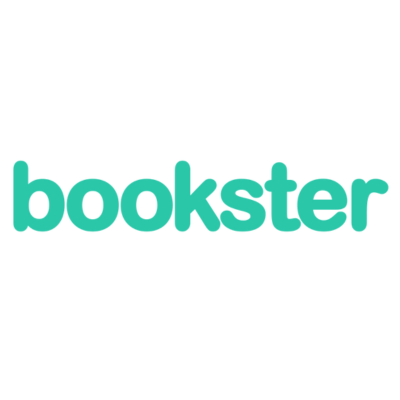

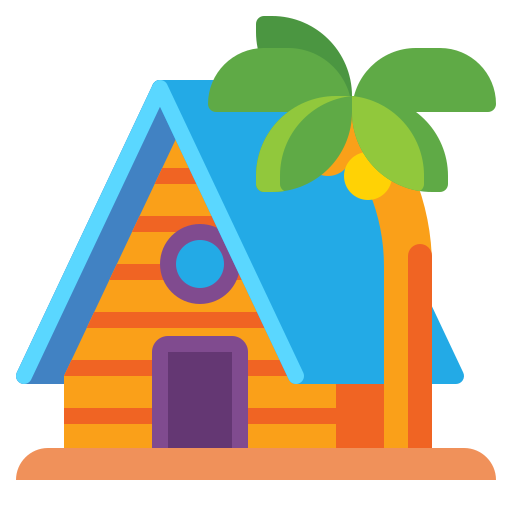

Short-term vacation rental management software is used to effectively facilitate the administration between both hosts and guests for vacation rentals such as short-term, long-term, aparthotels, glamping, serviced apartments, and more.
The #1 Rental Property Newsletter
Once a month, we send out an exclusive Rental Property Market Update with top stories, current mortgage rates, building products, and more. No spam and unsubscribe anytime.


What is Property Management Software?

Property Management Software Definition
Property management software is digital solutions designed to assist with the efficient management of rental properties by using one unified platform to simplify property management processes such as tenant communication, rent collection, maintenance scheduling, finance tracking, storing of leasing documents and contracts, and centralization and digitization of property information.
Best Property Management Software
Best Overall
AppFolio Property Manager
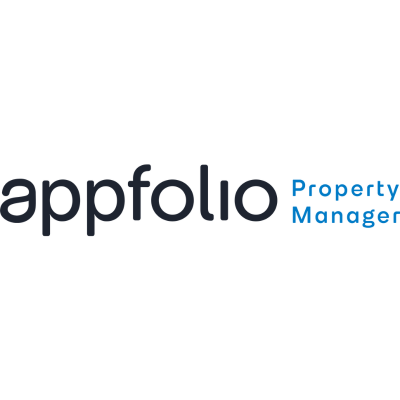


Why We Like AppFolio Property Manager – AppFolio Property Manager is our top pick for its comprehensive suite of features that cater to the full spectrum of property management needs. Its cloud-based platform provides mobile access, online payments, maintenance requests handling, automated marketing tools, and more.
Best Free
Innago
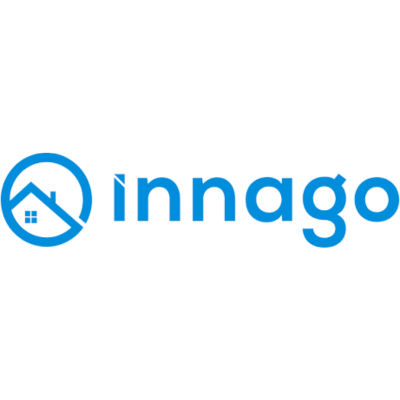



Why We Like Innago – Innago is our top choice as a user-friendly and cost-effective solution for property managers of small to mid-sized portfolios. Its unique features, such as online lease signing, tenant screening, rent collection, and maintenance tracking, streamline the rental management process without any upfront costs, subscription fees, or hidden charges.
Property Management Calculators
Try Our
Property Management Software ROI Calculator →
100% Free – No Sign Up Required
Try Our
Property Management
Fee
Calculator →
100% Free – No Sign Up Required
Property Management Software FAQ
Do I Really Need Property Management Software?
One of the first questions that property owners and managers find themselves asking is “Do I Really Need Property Management Software?”. It is a very valid question to ask, since a good software solution requires a reasonable capital investment. The answer to this question usually depends on how many properties are going to be managed with it.
If you have only a handful of smaller properties (e.g. 1 or 3) to manage, then property management tasks such as accounting and tracking tenant rent payments can usually be done with a simple Excel spreadsheet (or Google Sheets). You could even take it a step further and make a Google Account for the property that manages sheets, docs, photos and even a calendar.
If you have several properties to manage, then this is where the need for a property management software really becomes obvious. As the number of units managed increases, so does the difficulty to manage. Things like managing tenant turnover and staying on top of rent payments every month for tens or hundreds of tenants can become a time consuming and messy endeavor. Investing in a property management software solution will usually be a net-positive ROI at this point, which is essentially when the time and organizational commitments are no longer feasible with simpler tools.
How to Choose the Right Property Management Software?
Choosing the right property management software for your rental property business should be based on the needs of your property and management style. The right software can greatly help your rental property business grow to the next level, whereas the wrong choice could result in unnecessary expenses for unused features. Below are a few key factors to consider when deciding on which property management software:
Property Type
Ensuring that the type of rental property (e.g. Multifamily, Commercial, Vacation Rental) is natively supported by the software, as each type of property will have different needs from the software. Some products may support all or just specific property types.
Features
Property management software is packed with many features to help property owners and managers streamline the process of managing rental properties. Common features include rent collection, send rent reminders, manage maintenance tickets, prospective tenant screening, communicate with tenants, generate owner reports, and much more.
Price
Pricing for property management software is often based on the number of units that will be managed with it. Softwares friendly to smaller landlords might offer freemium pricing models, while others may charge a flat-fee or tiered-pricing based on the number of units.
Unit Count
While many products share similar features, some property management software products are designed to serve larger property portfolios, while others are designed for smaller landlords. Pricing is also often based on the number of units, which go in tiers such as 25, 50, 100+.
Integrations
As software in the real estate industry has advanced, different products have begun offering integrations to work collaboratively with each other. Integrating property management software with other online real estate tools can greatly streamline operations. Common integrations include advertising vacancies, generating tenant screening reports, and collecting rent payments.
Support & Updates
This software will act as the backbone of your business. You will want to be sure that your provider offers reliable customer support, including training, live chat, phone support, and a comprehensive knowledge base. Furthermore, you will also want to make sure they are constantly updating their software to adapt with changing technology and customer needs.
Search Rental Real Estate
Try searching out site for hundreds of rental property topics ranging from property management, investor tool reviews, investment research, and more.
How Much Does Property Management Software Cost?
Purchasing a property management software can be a large investment for a real estate investor or property management company. Investing in the software goes beyond the monetary price tag (which third-party property management companies can cover through their fees billed to property owners) and also requires human capital to input data for each property and tenant. When it comes to pricing the actual software, most providers usually do so in one of the following ways:
Freemium Pricing
Freemium property management software refers to programs that have both free and paid solutions. The free versions are either for a limited time period (i.e. 30 day trial) or have access to limited features. Users can pay to upgrade once the trial ends or to add on more features. Freemium pricing solutions are usually intended for smaller landlords.
Flat Fee
Property management software that is based on property a flat fee usually charges a fixed monthly fee. Some providers charge the flat fee regardless of unit count, while others may charge a flat fee for any number of units within a certain tier (e.g. 100-200 units).
Number of Units
As a popular pricing model, pricing for property management software based on the number of units is a favorite among both providers and customers. This pricing model is intended to deliver the most accurate pricing, as you are only paying for what you use.
Tiered Pricing
As the most popular pricing model, Tiered-pricing property management software is based on various levels of unit counts. In this type of pricing structure, the price-per-unit usually goes down, the higher tier that you go.
More Rental Property Software
About the Author


Ryan Nelson
I’m an investor, real estate developer, and property manager with hands-on experience in all types of real estate from single family homes up to hundreds of thousands of square feet of commercial real estate. RentalRealEstate is my mission to create the ultimate real estate investor platform for expert resources, reviews and tools. Learn more about my story.
Disclaimer: The information provided on this website does not, and is not intended to, constitute legal and/or financial advice. As such, all information, content, and materials available on this site are for general informational purposes only. Please review our Editorial Standards for more info.
